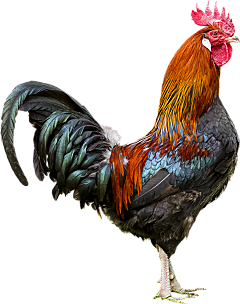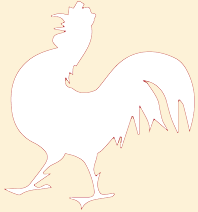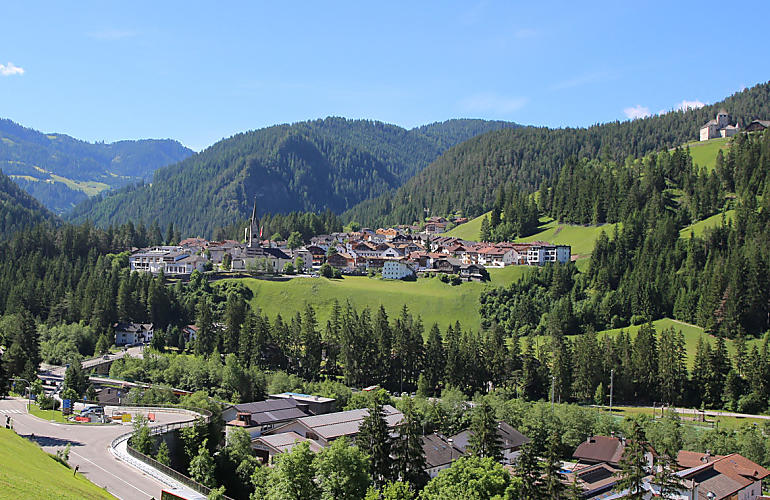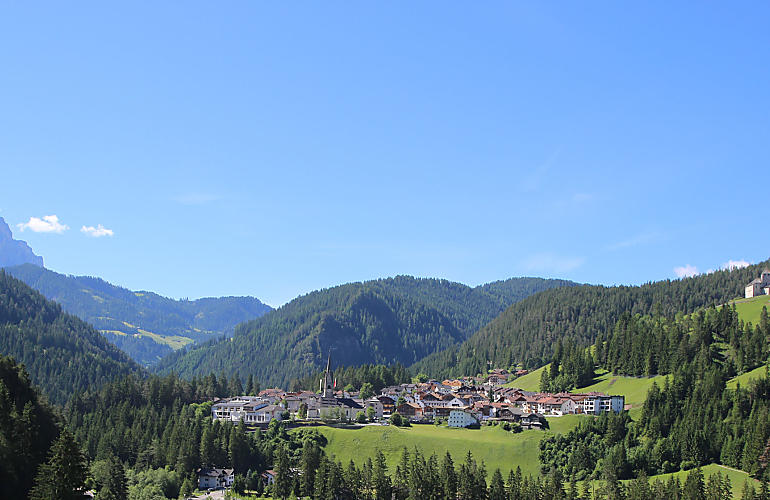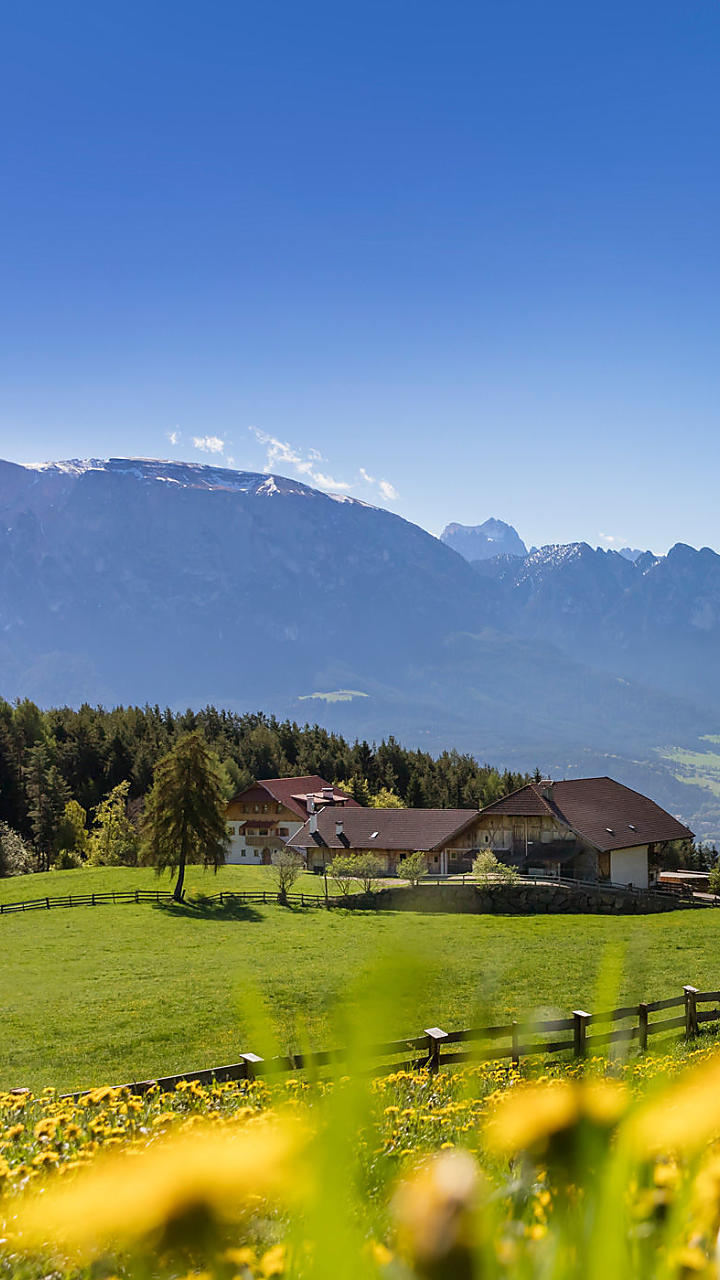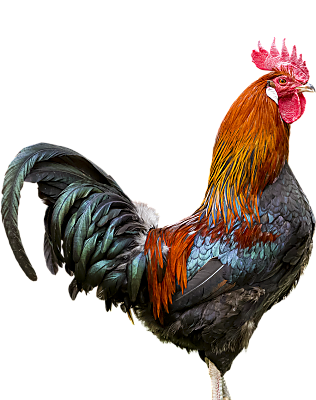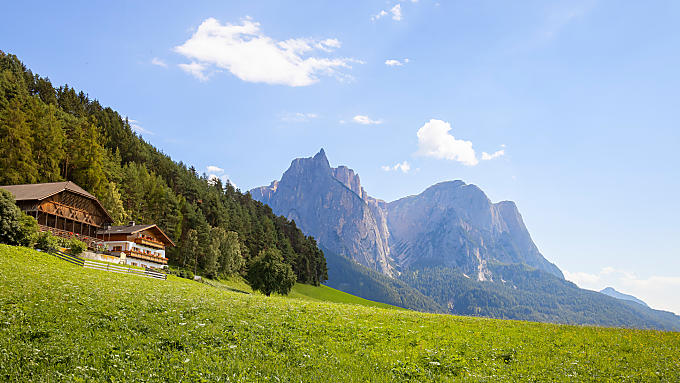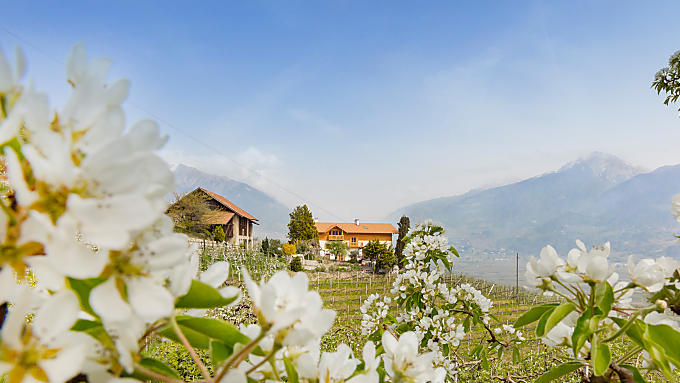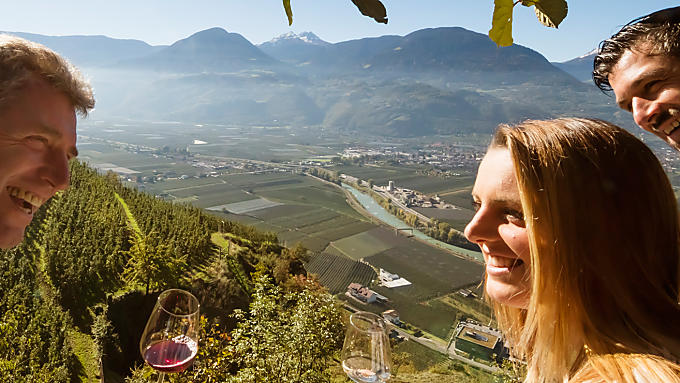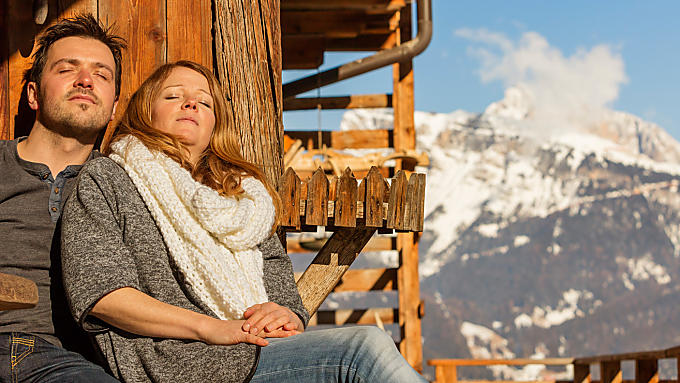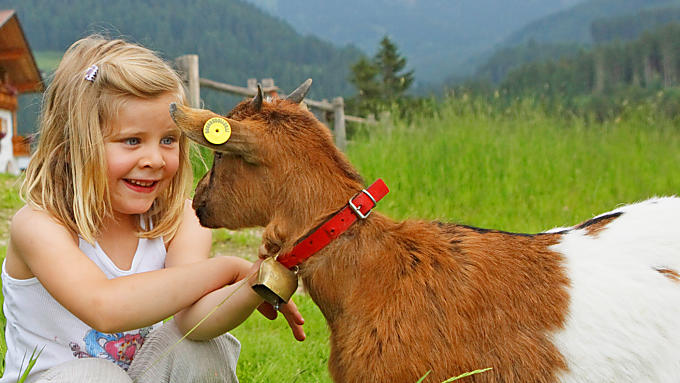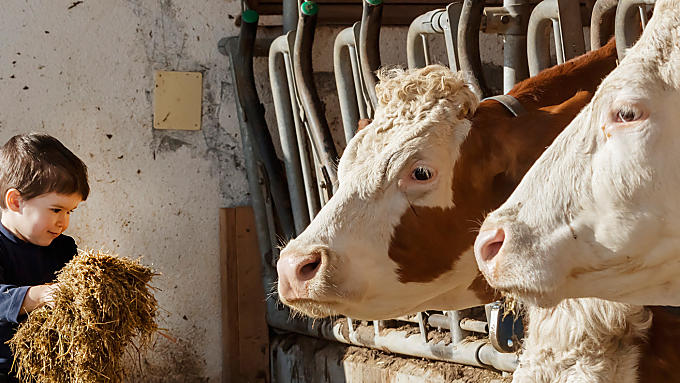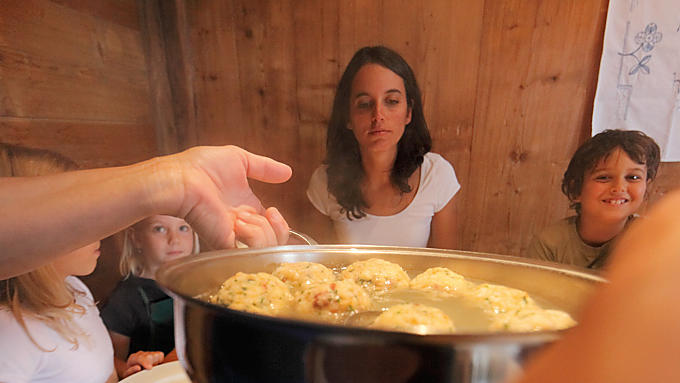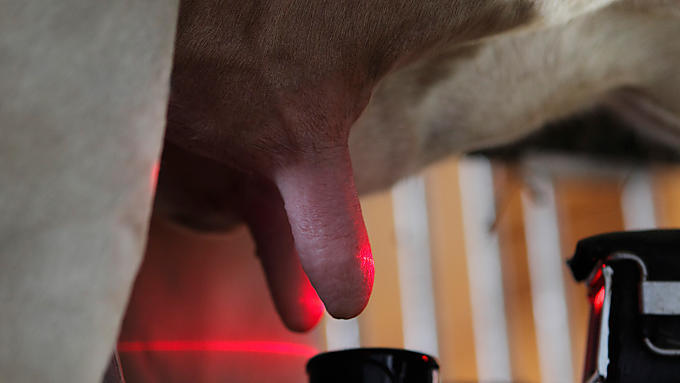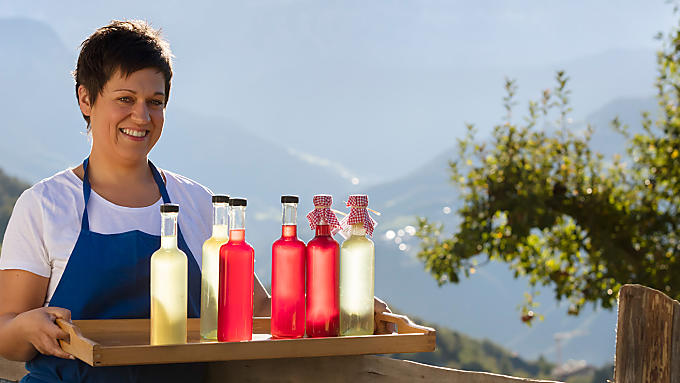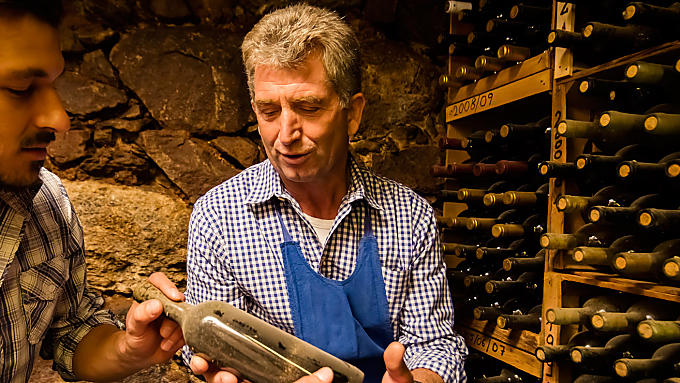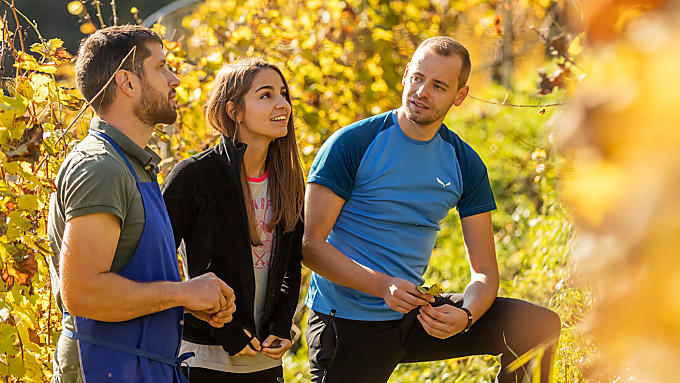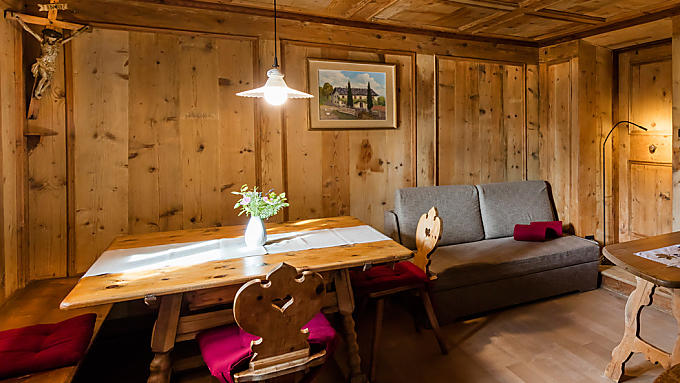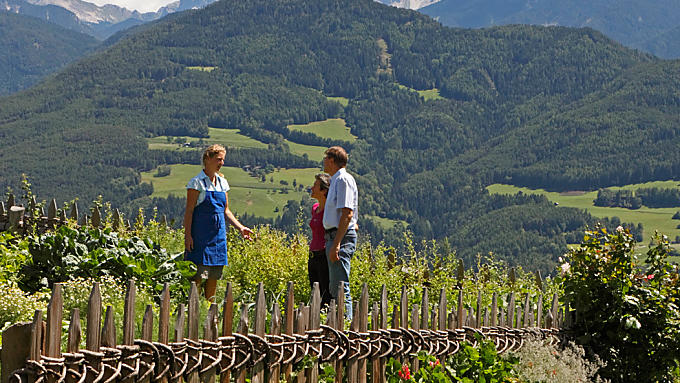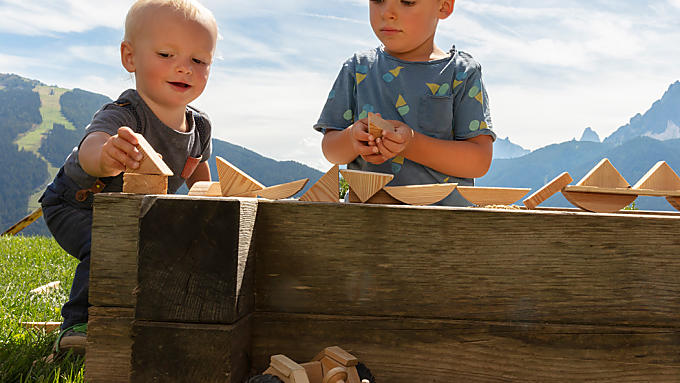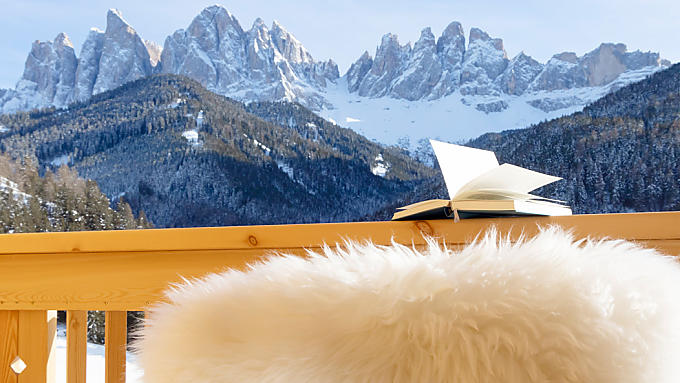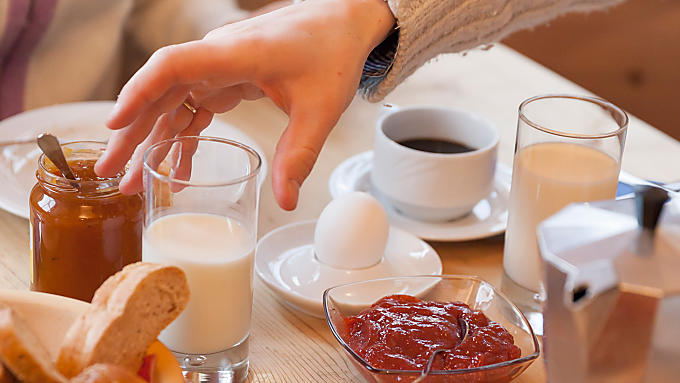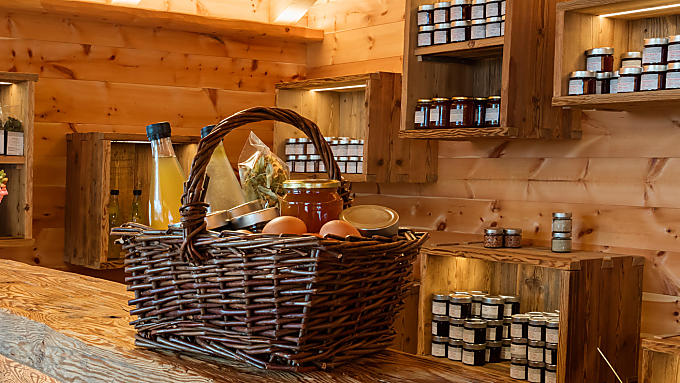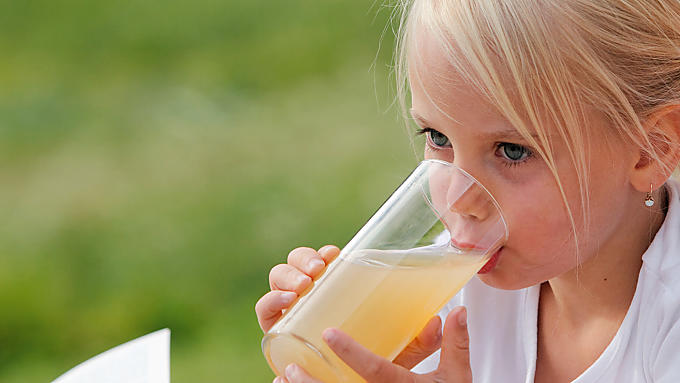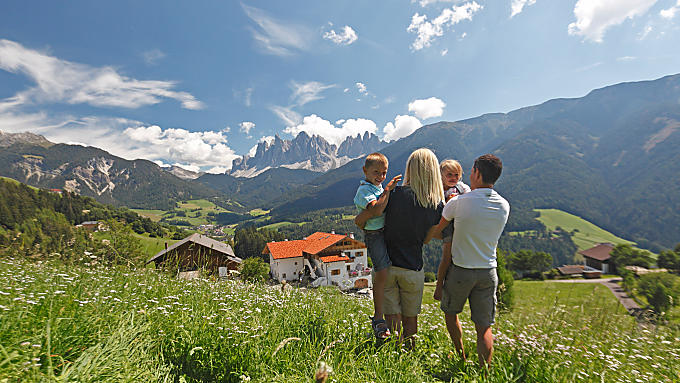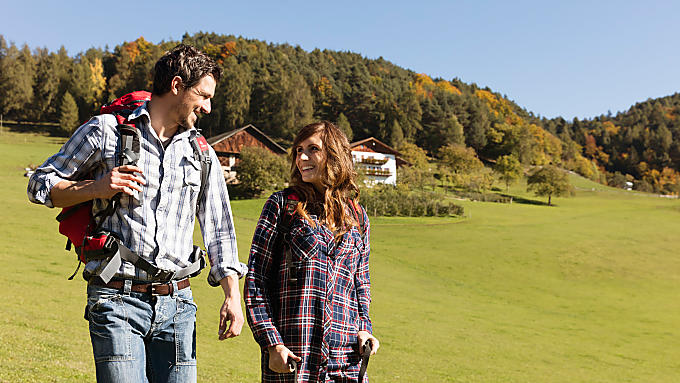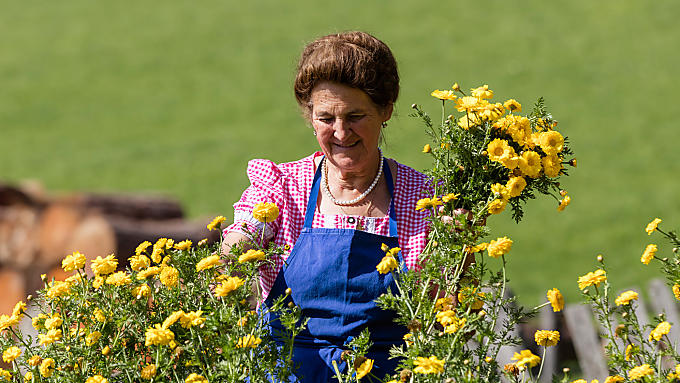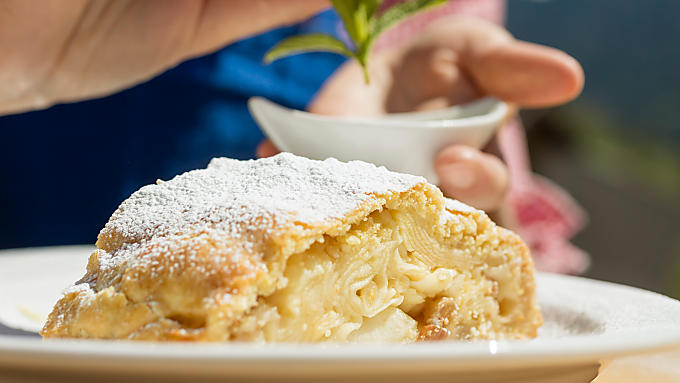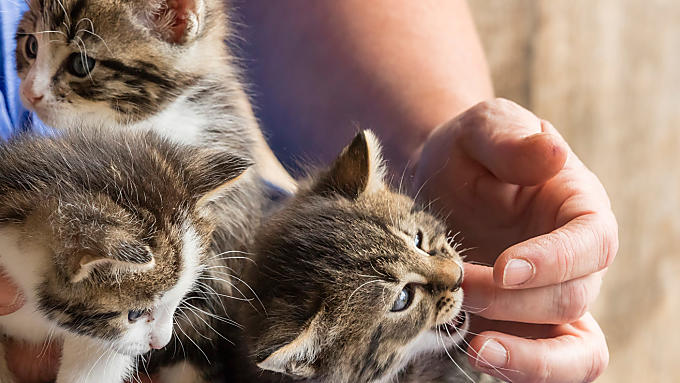Holiday location
Farm Holidays in St. Martin in Thurn
A Farm Holiday in St. Martin in Thurn will supply guests with rest and relaxation as well as lots of variety at the same time.
While the municipality of Enneberg at the start of Gadertal valley still lies in Fanes-Sennes-Prags Nature Park, in the rest of Gadertal valley you'd be hiking in Puez-Geisler Nature Park. A holiday on a farm in St. Martin in Thurn is the perfect solution for climbers as well as mountain bikers.
A Farm Holiday in St. Martin in Thurn will supply guests with rest and relaxation as well as lots of variety at the same time.
While the municipality of Enneberg at the start of Gadertal valley still lies in Fanes-Sennes-Prags Nature Park, in the rest of Gadertal valley you'd be hiking in Puez-Geisler Nature Park. A holiday on a farm in St. Martin in Thurn is the perfect solution for climbers as well as mountain bikers.
The local mountain, the Peitlerkofel in Untermoi – the highest-lying village in the parish - is an absolute must for experienced mountain hikers. The Peitlerkofel is described as the northwest cornerstone of the Dolomites thanks to its position and steep north face. A walk around the mountain makes for a more leisurely walk. In winter, on the other hand, snowy meadows and woods attract cross-country skiers, sledgers and ski tourers.
For sporty types
Skiers will have several pistes to choose from here. The adventure that is Kronplatz begins for holidaymakers in St. Martin in Thurn in Pikolein at Piculin lower terminal cable car. St. Vigil in Enneberg may be reached from the top terminal on skis and then onwards to Kronplatz, where around 116 kilometres of piste await skiers of all ages. Skiers who love steep slopes will appreciate a special highlight at the end of the day in the form of the black Piculin piste, which leads down to the valley, where they can enjoy a well-earned rest in their holiday flat or room in St. Martin in Thurn.
The clattering of mills…
...in Val di Morins, the valley of mills. The village of Campill, called Lungiarü by the local Ladins, consists of several typical Ladin settlements, or 'Viles'. Seres and Miscì best embody the traditional Ladin architecture and living style, and the little valley of Mühlental lies between these two hamlets, where eight restored mills tell the story of the hard, frugal life of mountain farmers. Staying at a holiday flat or room in St. Martin in Thurn, you can visit these mills on a leisurely walk along Seres Bach stream. You may enter the first mill, but the complicated interplay between the mill wheels, water channels, wheels and sluices actually takes place outside the mill and may be observed there. The mills are not just carefully-tended museum pieces, but some of them are still used by the local farmers today.
The local mountain, the Peitlerkofel in Untermoi – the highest-lying village in the parish - is an absolute must for experienced mountain hikers. The Peitlerkofel is described as the northwest cornerstone of the Dolomites thanks to its position and steep north face. A walk around the mountain makes for a more leisurely walk. In winter, on the other hand, snowy meadows and woods attract cross-country skiers, sledgers and ski tourers.
For sporty types
Skiers will have several pistes to choose from here. The adventure that is Kronplatz begins for holidaymakers in St. Martin in Thurn in Pikolein at Piculin lower terminal cable car. St. Vigil in Enneberg may be reached from the top terminal on skis and then onwards to Kronplatz, where around 116 kilometres of piste await skiers of all ages. Skiers who love steep slopes will appreciate a special highlight at the end of the day in the form of the black Piculin piste, which leads down to the valley, where they can enjoy a well-earned rest in their holiday flat or room in St. Martin in Thurn.
The clattering of mills…
...in Val di Morins, the valley of mills. The village of Campill, called Lungiarü by the local Ladins, consists of several typical Ladin settlements, or 'Viles'. Seres and Miscì best embody the traditional Ladin architecture and living style, and the little valley of Mühlental lies between these two hamlets, where eight restored mills tell the story of the hard, frugal life of mountain farmers. Staying at a holiday flat or room in St. Martin in Thurn, you can visit these mills on a leisurely walk along Seres Bach stream. You may enter the first mill, but the complicated interplay between the mill wheels, water channels, wheels and sluices actually takes place outside the mill and may be observed there. The mills are not just carefully-tended museum pieces, but some of them are still used by the local farmers today.
Farm search
Holiday farms in St. Martin in Thurn
3 reasons
A holiday in St. Martin in Thurn
Ciastel de Tor
Museum Ladin may be found in the old walls of Ciastel de Tor (Schloss Thurn) in St. Martin, the main village of the municipality. A three-storey residential tower was built by the servants of the bishops of Brixen in 1230.
Museum Ladin may be found in the old walls of Ciastel de Tor (Schloss Thurn) in St. Martin, the main village of the municipality. A three-storey residential tower was built by the servants of the bishops of Brixen in 1230.
It was first mentioned in records by the name of 'Turris in Geder' and was the centre of Thurn an der Gader court until the 14th century. Lots of things changed in the years following that. After the bishops lost their control of Thurn an der Gader court, farmers bought Schloss Thurn at the start of the 19th century. Until the museum was housed here, the castle was inhabited by the ancestors of these new owners. Visitors nowadays are conveyed a vivid picture of history, culture and legends, as well as hand crafts in the Ladin valleys of the Dolomites thanks to the museum's use of a variety of items and documents. The Ladin language is also covered: this 2,000-year-old Rhaeto-Romanic language with its Celtic and Latin roots sounds like a mixture of Latin, Italian and German to today's ears. In the Middle Ages and modern times, the position of the villages between the Italian and German linguistic areas influenced the development of the Ladin language and created some differences between the valleys. An area of the museum is dedicated to the economy and the development of tourism in the Ladin-speaking area.
Subject of the external site of the museum in St. Kassian in the municipality of Badia, on the other hand, is one of the most important former inhabitants of Gadertal valley, the bear Ursus Ladincus.

